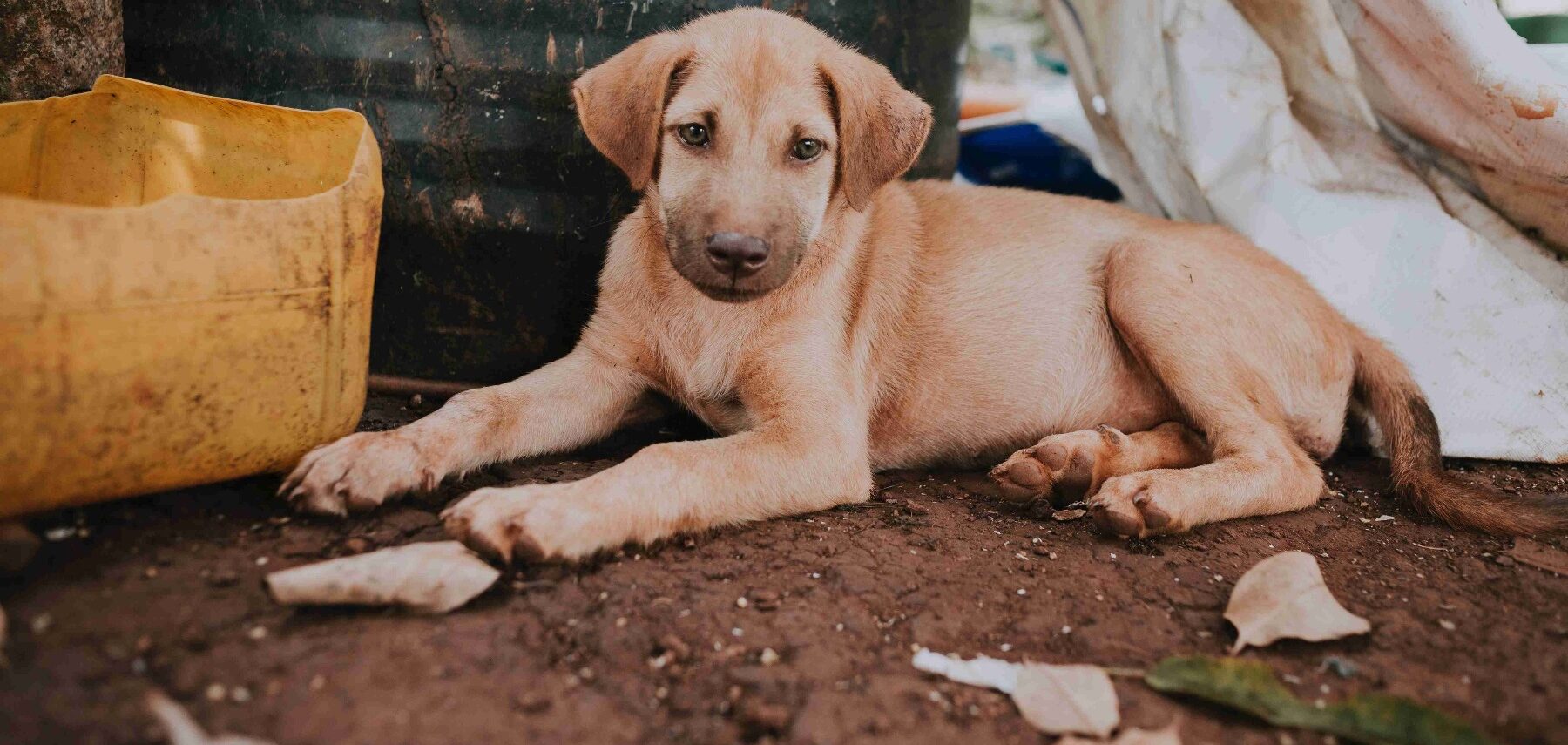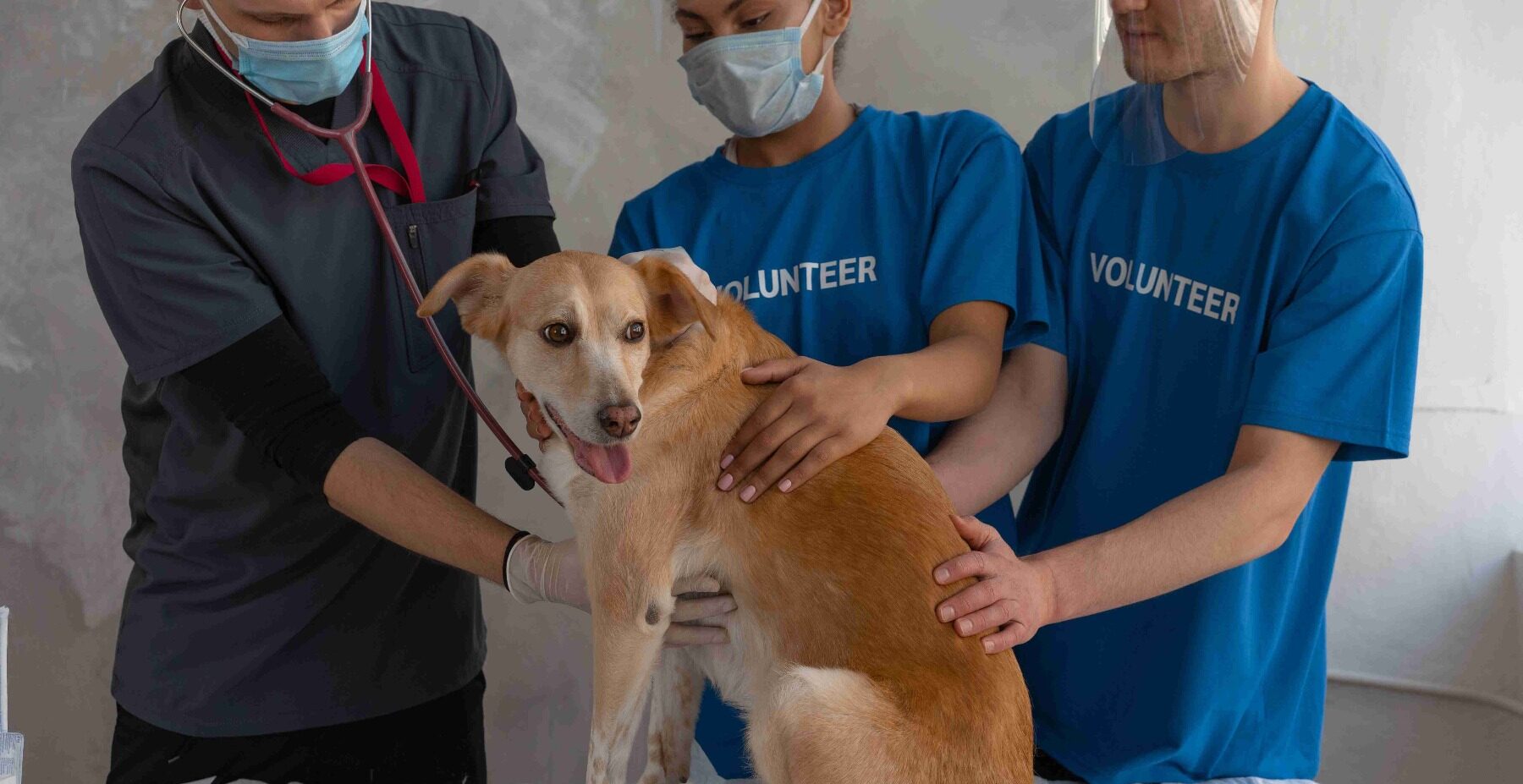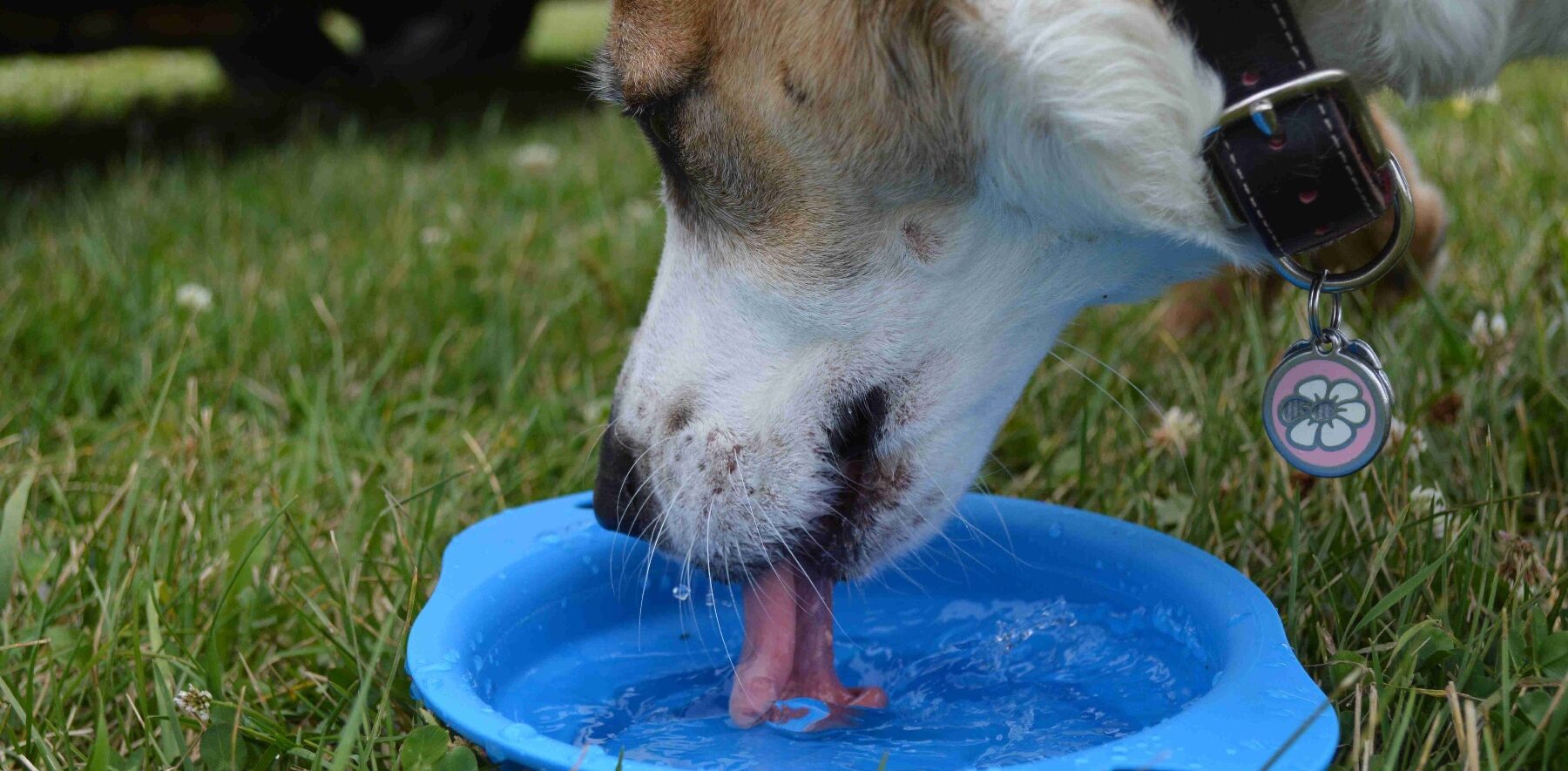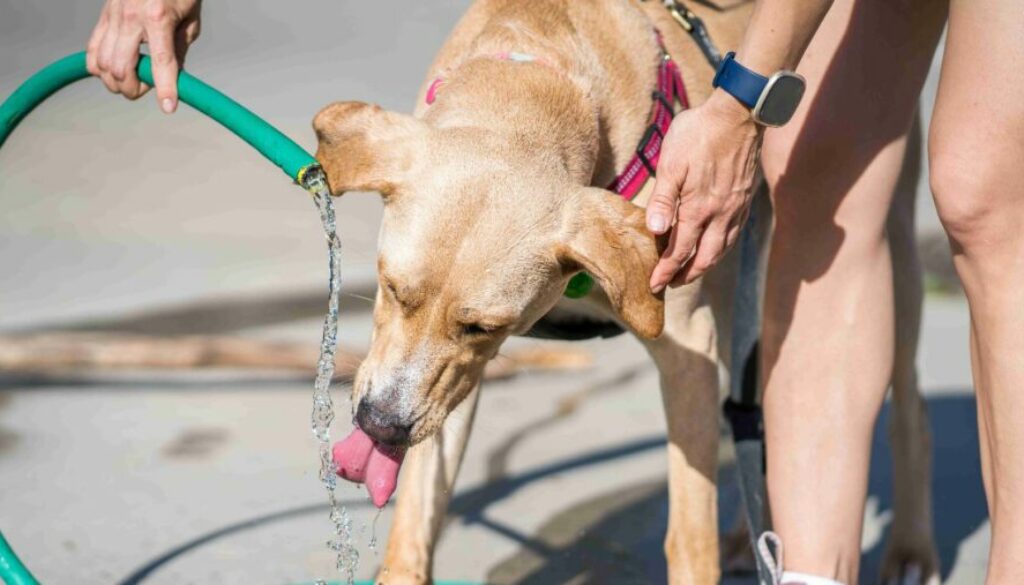Why Is Your Dog Not Drinking Water | 8 Surprising Reasons
Is your dog not drinking water? This can be a serious problem. In this blog post, we’ll discuss the top 8 reasons why dogs don’t drink water.
Introduction
If you’ve noticed that your dog is not drinking water, it’s important to be concerned. Dogs need to stay hydrated just like people do, and dehydration can lead to serious health issues. There are a number of reasons why a dog is not drinking water, including illness, diet, and environmental factors.
In this blog post, we’ll discuss the top 8 reasons why is your dog not drinking water.
Reasons Why Is Your Dog Not Drinking Water?
Illness
Illness can be a major cause of dehydration in dogs. When your dog is sick, they may lose fluids and electrolytes through vomiting, diarrhea, or increased urination. This can lead to a decrease in thirst, which can make it difficult for them to stay hydrated.
Some common illnesses that can cause dehydration in dogs include:
- Kidney disease
- Liver disease
- Diabetes
- Cushing’s disease
- Bladder infections
- Gastrointestinal infections
- Cancer
If you notice that your dog is not drinking water and is showing other signs of illness, such as lethargy, vomiting, diarrhea, or weight loss, it is important to take them to the veterinarian right away.
Having a poor diet

Diet can play a vital role in your dog’s water intake. If your dog consumes a dry food diet, they might not be receiving sufficient hydration from their food. This occurs because dry food typically contains only around 10% water.
If your dog is not drinking enough water, you can try switching them to a wet food diet. Wet food is typically about 70-80% water, so it can help to increase your dog’s fluid intake.
You can also try adding water to your dog’s dry food. This is a good way to increase their fluid intake without having to switch to a wet food diet.
Tips for selecting a suitable diet for your dog:
- Consult your veterinarian to determine the most suitable diet tailored to your dog’s specific requirements.
- Provide a diet, rich in quality and essential nutrients.
- Avoid diets that contain artificial ingredients.
- Feed your dog with the suitable food quantity, based on their age, breed, and activity level.
If your dog’s diet isn’t supplying sufficient water, consider consulting your veterinarian regarding a transition to a wet food diet or incorporating water into their meals.
Environmental Factors
Environmental conditions may lead to dehydration in dogs as well. For example, if your dog is in a hot environment, they will need to drink more water to stay cool. Similarly, when your dog is undergoing intense exercise, they will also need to drink more water to replenish the fluids they lose through sweating.
Other environmental factors that cause to dehydration in dogs include:
- High altitude: When you travel with your dog, at higher altitudes above sea level, it can lead to dehydration in dogs. This is because the air becomes thinner and contains lower oxygen levels. It may increase respiratory rate, potential dehydration.
- Low humidity: Insufficient humidity levels are also dehydrating for dogs, as the drier air can extract moisture from their bodies.
- Air pollution: Air pollution can irritate your dog’s airways and make it difficult for them to breathe. This may result in them reducing their water intake.
- Stress: In addition to other factors, stress can lead to dogs becoming dehydrated, as it may result in panting and fluid loss.
Of the environmental factors that may be causing the dog’s dehydration, consult with your veterinarian. They can help you to develop a plan to keep your dog hydrated and healthy.
Medication

Medication can be a significant factor leading to a dog is not drinking water. Some common medications that can have this side effect include:
- Diuretics: Diuretics are medications that help the body to remove excess fluids.
- Antibiotics: Some antibiotics such as Amoxicillin, Clindamycin, metronidazole can cause dogs to lose their appetite and thirst.
If your dog is on medication, and you notice that they are not drinking as much water as usual, must consult to your veterinarian. He may be able to adjust your dog’s medication or recommend a way to increase their fluid intake.
It is important to note that you should never give your dog any medication without first discussing it to your veterinarian.
Old age

Age can also be a factor in why your dog may not be drinking water. In older dogs, their kidneys may become less efficient at filtering waste products and they may be less active. This can lead to a decrease in thirst, which can make it difficult for them to stay hydrated.
Additionally, older dogs may also have difficulty getting to their water bowl, especially if they have difficulty in moving. If this is the case, it is important to make sure that their water bowl is in a place where they can easily reach it and that it is comfortable for them to drink from. A hand fed water bottle can be used to feed them.
Stress
Stress can also cause dogs to stop drinking water. Dogs may experience stress due to various factors, including:
- Changes in their environment, such as moving to a new home or getting a new pet
- Separation from their owner
- Loud noises or crowds
- Travel
- Grooming
- Veterinary visits
If you notice that your dog is not drinking water and is showing other signs of stress, such as panting, pacing, or barking. It is important to try to identify and address the source of the stress. You must offer a stress-free environment for your dog.
Taste
The taste factor can contribute to “why is your dog not drinking water?” Dogs possess a different sense of taste compared to humans, and they might not find the taste of their water bowl appealing.
Everyday factors that can change the way water tastes are:
- Minerals in the water: Some water supplies contain high levels of minerals, such as iron or copper, which can give the water a metallic taste.
- Chlorine: Many water supplies are treated with chlorine to kill bacteria, but this can also give the water a chemical taste.
- Stagnant water: If water is left sitting in a bowl for a long time, it can develop a bad taste.
To prevent the above-mentioned issues, utilizing a water filter is a viable solution.
Boredom
Perhaps, your dog is getting bored, so that’s why the dog is not drinking water. If your dog is bored, they may not be as active as they usually are. This can lead to dehydration. Boredom is especially common in dogs that are left alone for long periods of time or that do not have enough exercise.
Dogs who are bored may also turn to other destructive behaviors, such as chewing on furniture or digging in the yard. If you notice that your dog is exhibiting any of these behaviors, it’s crucial to offer them with more enrichment and exercise.
Conclusion
There are a number of reasons why a dog may not drink water, including illness, diet, environmental factors, medication, old age, stress, and taste. It’s important to identify the underlying cause of your dog’s dehydration so that you can take steps to address it. By taking steps to prevent dehydration, you can help to keep your dog healthy and happy.
If you have any questions about your dog’s hydration, please don’t hesitate to share your thoughts in the comments section below.
